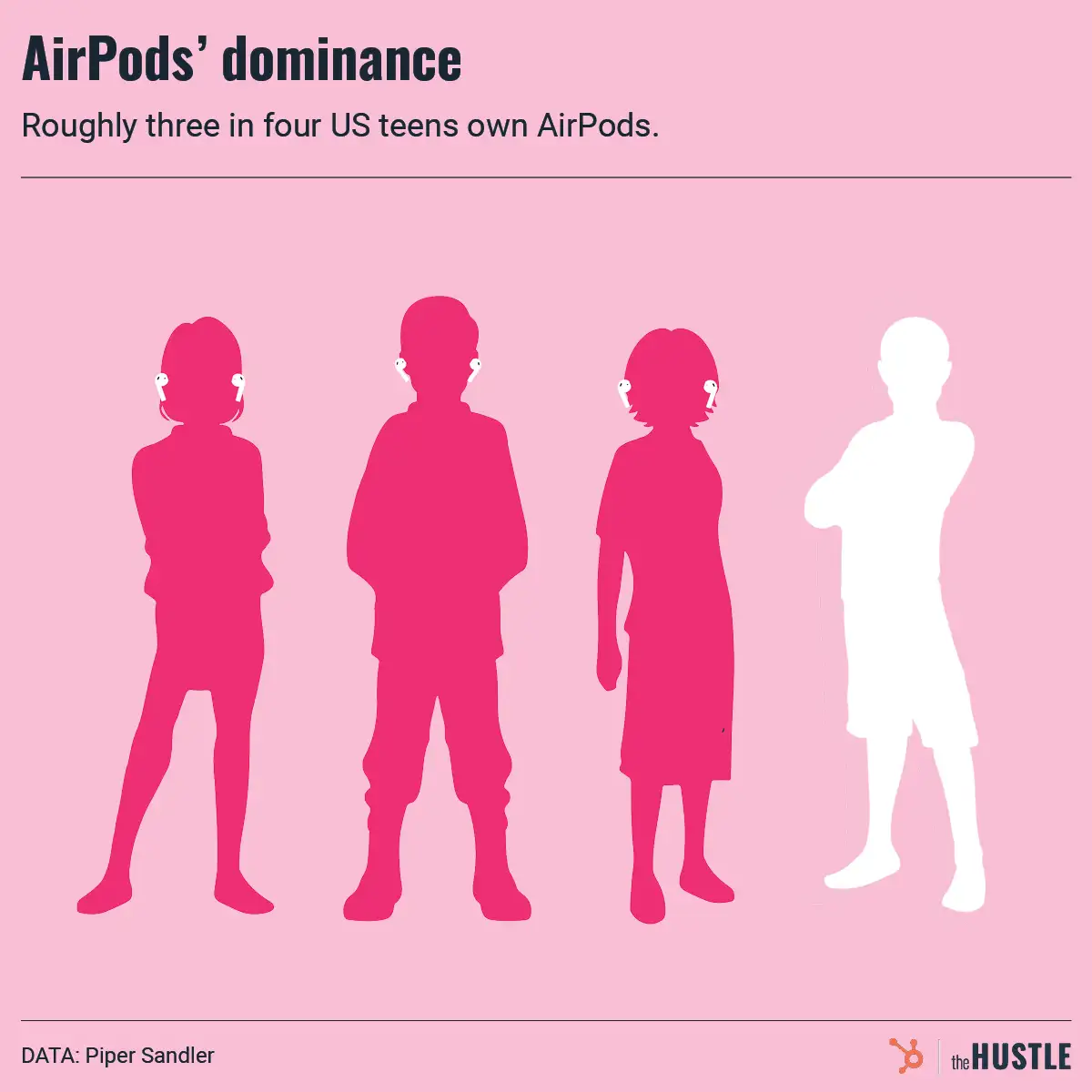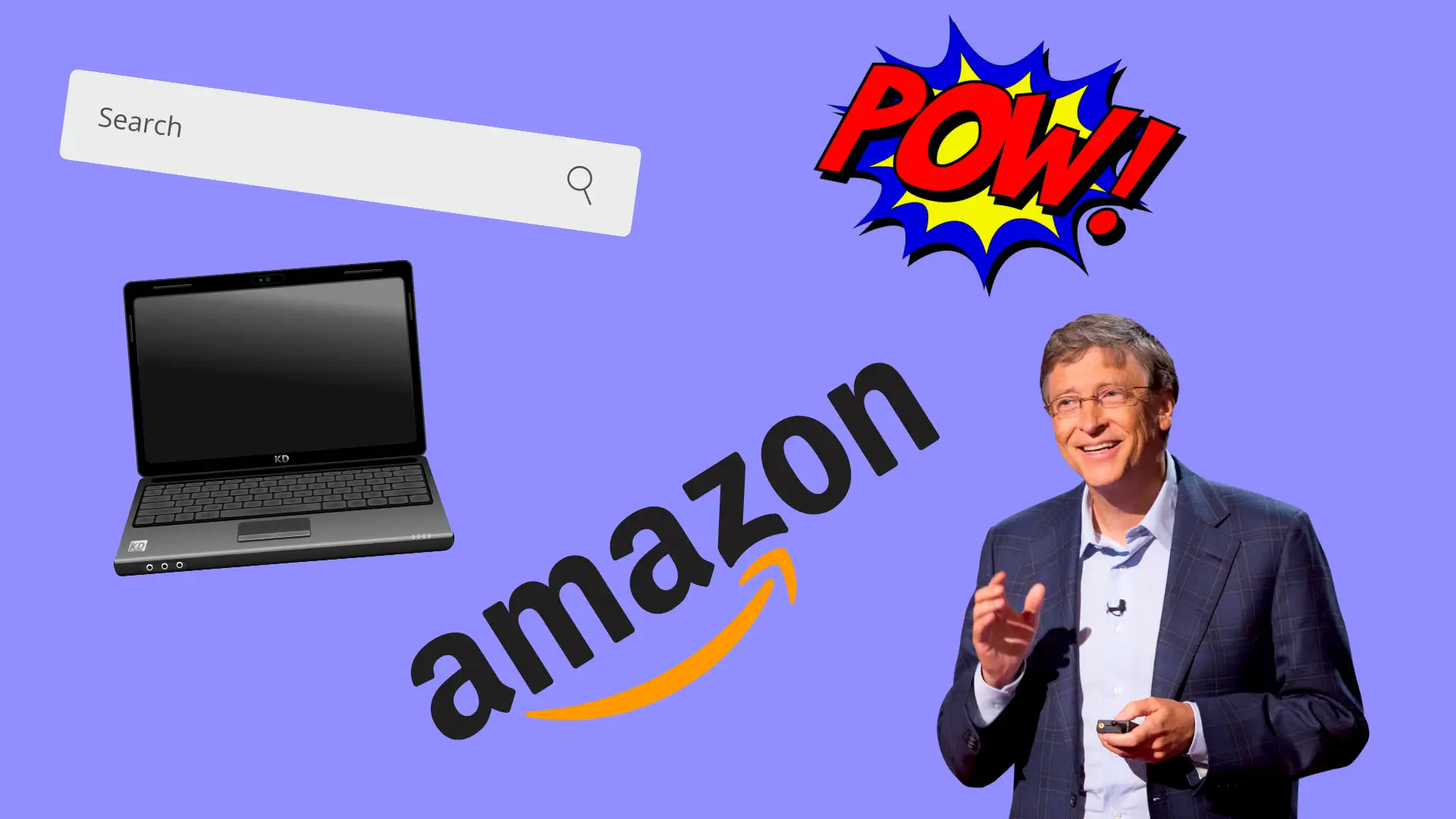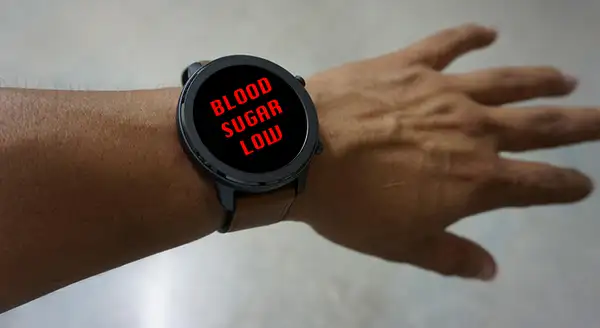According to a 2013 report, smartphone owners check their device 150 times a day.

Whether you think you’re above or below that average, it’s safe to say that no one thinks it’s a good use of time, yet everyone continues to do it.
That’s why Tristan Harris, a former Google product “philosopher,” created Time Well Spent, an advocacy group trying to persuade the tech world to help disengage people from their devices.
As he puts it, even with all our own personal willpower to not check our device, “there’s a thousand people on the other side of the screen whose job is to break down whatever responsibility you maintain.”
And those thousand people are armed with psychological tricks like variable rewards (where messages, photos, and “likes” don’t appear on a set schedule so we check them compulsively) and services that are lumped together (get a friend request, browse your newsfeed, watch a video).
Why this is a problem
See, in this new “attention economy,” companies are aggressively competing for your attention all day long. That’s how they make money.
And yeah, casually checking a new notification only takes seconds and seems harmless, but research shows that it actually takes people an average of 25 minutes to return to their original task after being interrupted.
Which leads to the question: Who’s using whom?
Right now our incentives are misaligned. On one hand, we want to keep in touch with friends and family. On the other, Facebook tells us when our best friend’s cousin posts about the sunset.
So how can this be fixed?
It all starts with education — basically letting everyone know there’s a problem and life doesn’t have to be a constant vibration or mid-meal notification.
The aim of Time Well Spent is to develop a kind of “Hippocratic oath” for software designers so they “stop the exploitation of people’s psychological vulnerabilities.”
Kind of like what the organic label did for the food industry.
Maybe it’s a pipe dream for companies to willingly sacrifice user engagement for the sake of humanity, but Tristan does point out at least a few software companies (Pocket, Calendly, and f.lux) who develop their products with the user’s best interests in mind.
Personal Tech










